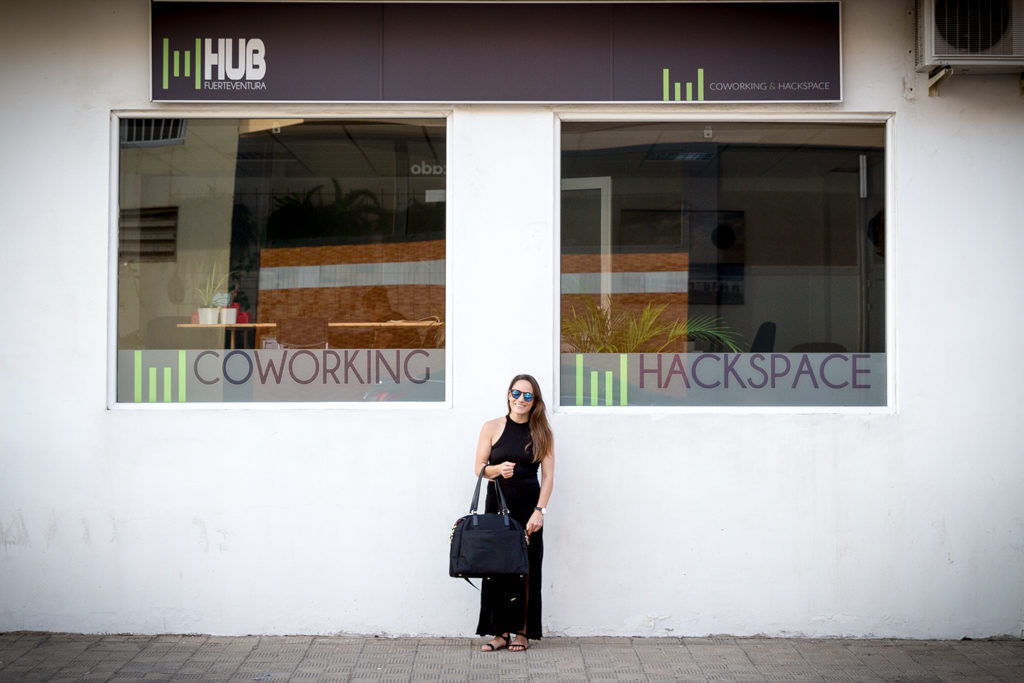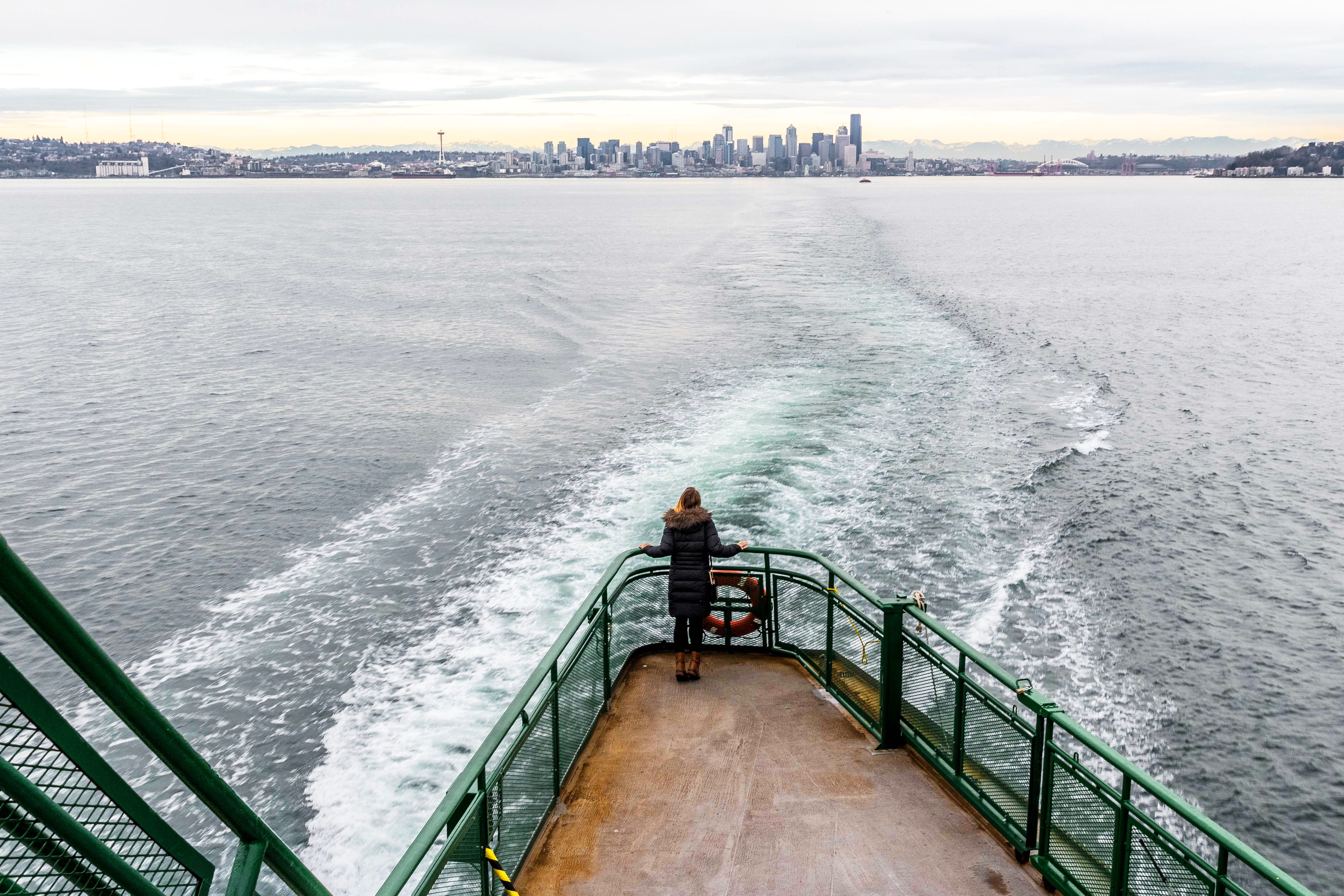Unless you’ve been living under a rock, you’ve likely heard the term ‘digital nomad’ thrown around a lot over the last few years.
For millennials, it seems that going on year-long backpacking trips is no longer good enough to satisfy our stubborn desire to travel and experience the world.
The solution? Become a digital nomad, or in other words, a person who works from a laptop and travels whenever and wherever they want, supporting themselves along the way.
What is a digital nomad?
Digital nomads are free from ties to any single geographic location. They leverage the Internet to create job opportunities for themselves in fields that didn’t exist just a decade ago, and these jobs allow them to travel the world at will.
They find remote jobs with distributed companies, they freelance, or they become entrepreneurs.
They may initially set up shop in inexpensive cities in Southeast Asia or South America, living a modest lifestyle while they bootstrap their businesses and take advantage of geoarbitrage (a favorable discrepancy between their third-world cost of living and the first-world currency they are earning).

As the term nomad implies, this distinct breed of traveler will typically change location every few weeks or months, usually moving to a city just as cheap as the last.
For those still at home in a 9-5 job but aching to see the world, the digital nomad lifestyle might sound like a dream come true; but the drawbacks of this lifestyle are well-documented, and the truth of the matter is, not everyone can hack it.
Eager new nomads may move too quickly from one place to the next–a surefire path to travel burnout. The physical exhaustion that results from a life lived on trains, buses, and airport floors is very real, and it will catch up with you if you’re not careful.
Not to mention that when resources are tight, all that travel is a huge strain on your budget. Traveling too quickly is a good way to blow through what little savings you may have without giving yourself any real time to earn. I’ve seen this happen to friends more times than I can count.
To make matters even worse, constant travel (no matter how slow) makes it difficult, if not impossible, to form a community. This may seem inconsequential in the first few months or even the first few years of life as a digital nomad, but make no mistake–this will catch up with you, too.
Having lived the digital nomad lifestyle myself, I know the pain of these mistakes all too well.
I’ve never been more tired, more broke, and more lonely than when I was a digital nomad.

Even when I drastically slowed the pace of my travels so that I was only moving to a new city every three months or so, I still found it difficult to grow my business, make friends, or live in a way that felt healthy (regular sleep, exercise, and eating habits were hard to come by).
Still, I couldn’t stomach the idea of going back to a “real” job.
Worse than the exhaustion, the loneliness, and the financial insecurity combined was the thought of giving up the freedom I had worked so hard for to go right back to the bottom of the totem pole, slaving away at some job I hated just to make someone else rich.
I couldn’t hack it as a digital nomad, but I wouldn’t go back to a 9-5 job.
I needed a solution, and I found it in the form of location independence.
How is location independence different?
Just like being a digital nomad, location independence means not being tied to any one geographical location. It means working from a laptop and traveling wherever and whenever you please. It means having a flexible schedule and the ability to work at whatever hours of the day feel the best.
It comes in the form of remote work, freelancing, or entrepreneurship.
Now, you might be wondering where exactly the differences lie–some will certainly argue that ‘digital nomad’ and ‘location independent’ are synonymous and interchangeable, but I beg to differ.

The differences are subtle and nuanced, but they exist.
Admittedly, I myself am guilty of using these two terms interchangeably, but I intend to be more clear about the distinction going forward.
Of course, there’s no Webster definition to double check for accuracy here–the following is simply based on observations I’ve made over the years and personal beliefs I’ve acquired.
For example, while a digital nomad is indeed location independent (in that they are not tied to a geographic location), the reverse is not necessarily true:
Not all location independent people are digital nomads.
Most self-designated digital nomads I know have no fixed address, no home to return to when they need a break from their travels. They are constantly (and indefinitely) sleeping in hostels, rented apartments, or on their friends’ couches.
Digital nomads spend the large majority of their time outside their home country, whether moving frequently or living as an expat in one location for an extended period of time.
It’s not uncommon for digital nomads to consider themselves homeless (or to take great pride in this fact); modern nomads in the truest sense.

Location independent people, on the other hand, often have a home base where they spend much of their time when not traveling; many are even long-term renters or homeowners. Having the option to travel is more important than doing so frequently or even on a long-term basis.
Furthermore, I don’t know many digital nomads who still refer to themselves as such once they’ve moved back to their home country, even if they still travel regularly. The term seems to imply living in an exotic, faraway land, and once that way of life is gone, so too is the title of ‘digital nomad.’
To me, location independence is less about travel and more about designing a lifestyle that I love.
It’s about tailoring my work to my lifestyle rather than letting my lifestyle be dictated by my work.
I’ve created my ideal lifestyle by earning money through my travel blog, working as a freelance social media consultant, and selling my own digital product. All of this is done with little more than a laptop and a WiFi connection.
Location independence affords me the freedom to wake up whenever I please, to work from wherever I choose, and yes, even travel whenever I want.
Unlike when I was living the digital nomad lifestyle, however, travel feels more like a perk and less like an obligation. There is no more FOMO, no need for constant motion, no keeping up with the Joneses travel mentality.

Now that I am location independent, I live in one place most of the year. I have a routine that allows me to be productive in my work and maintain wholesome habits. I am closer to the people that I love and I have a supportive community around me.
I work from home most days (pants optional), but could just as easily head to a local cafe if I’m in need of a creative boost (pants probably required). I save all kinds of money by traveling less and feel pretty good about my reduced carbon footprint, too.
I have more time and energy to do the work I love and as a natural consequence, I’m earning more.
I may go a lot longer between new passport stamps these days, but the life I’ve been able to build has been well worth the sacrifice.
If you’ve considered the digital nomad lifestyle but aren’t sure if it’s the right fit, perhaps location independence is the solution you’ve been looking for, too.
And no–they are NOT the same thing.
What do you think? Is digital nomad the same as location independent in your mind? Why or why not?
Want to know how YOU can achieve a location independent lifestyle? Did you know that I wrote a book on it? Check it out!



